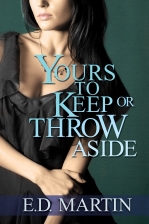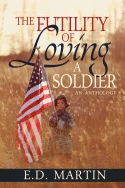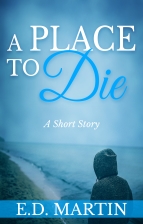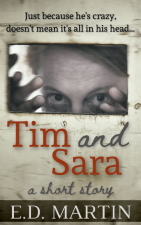The book: Sorry I Wasn’t What You Needed by James Bailey
The movie: Take Me Home
I’m currently working towards my master’s in social work, wrapping it up this year with a practictum in a local school district. After years teaching, combined with everything I’ve learned in this program, I know all about dysfunctional families. And I love them.
Sorry I Wasn’t What You Needed is about a very dysfunctional family. Mom left when the kids were little. Older brother copes by being a jerk to everyone. Older sister copes by sleeping with everyone. CJ, the protagonist, copes by moving to the other side of the country as soon as he has a chance. He’s not very successful there, basically mooching off his girlfriend while trying to become a successful writer, but he’s not looking back.
Until his father commits suicide, and CJ returns home to Seattle for the funeral. He’s forced to deal with everything he tried to escape: his parents’ divorce and the jerky stepfather, a high school ex-girlfriend who wants to ruin his life, and siblings who are just as pissed at the world (and him) as he is.
CJ, however, has a hard time dealing with being back home. He’s always put the blame for his crappy life on everyone but himself, despite some bad decisions and jerky behavior towards everyone. Over the course of the novel, however, he comes to see himself as an active participant in his mess of a life, while learning more about his family and seeing them as just as much the victims as he is.
Many families I’ve worked with have similar issues, and Bailey captures the family dynamics, as well as character growth, very convincingly.
Amazon Prime has learned I like quirky indie movies, so it recommended Take Me Home, a film about a sympathetic loser named Thom. Thom, like CJ in Sorry I Wasn’t What You Needed, doesn’t really have his life together. He wants to be a photographer but it’s not working out. Fortunately he has his own cab, and he picks up riders in NYC for extra money.
One night he picks up a woman distraught over her husband’s affair. Claire tells him to “Just drive,” and so he does, ending up in Pennsylvania the next morning. She’s pissed, of course, because that’s a huge fare, but then decides he can just keep driving her to California so she can see her sick dad.
Thom wants to impress her, so he lies – about his career experiences, about working for a cab company, about his actual name. She loses her purse in the middle of Kansas, and it’s at this point she turns from sarcastic bitch to a team player. This is also where the dysfunctional families come in, for both Claire and Thom, although each is messed up in its own way.
I personally would’ve cut out the last five minutes of the movie (Netflix has informed me I like “depressing quirky indie dramas), but it’s still worth watching to see Thom’s growth from selfish jerk to actual human, much like CJ’s in Sorry I Wasn’t What You Needed.

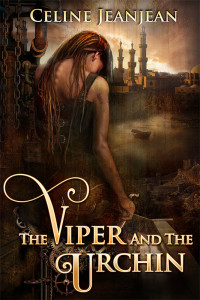 The books:
The books: 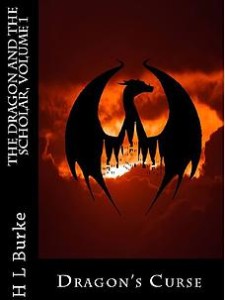
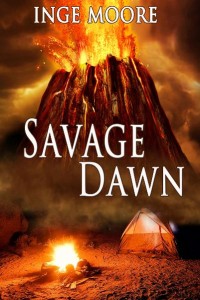
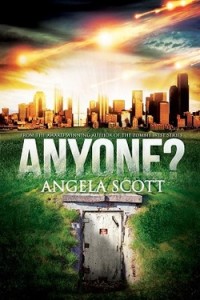 Imagine you’re off on a weekend camping trip, or maybe just asleep in your bed. Without any warning, there’s a natural disaster. You seek shelter – a secluded cave in the forest, the bomb shelter in your backyard – and wait for the disaster to end. Except it doesn’t end; it just keeps getting worse. You wait for someone to come rescue you, but months pass and you’re still alone. What do you do? How do you survive?
Imagine you’re off on a weekend camping trip, or maybe just asleep in your bed. Without any warning, there’s a natural disaster. You seek shelter – a secluded cave in the forest, the bomb shelter in your backyard – and wait for the disaster to end. Except it doesn’t end; it just keeps getting worse. You wait for someone to come rescue you, but months pass and you’re still alone. What do you do? How do you survive?
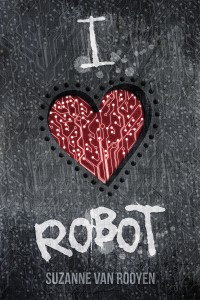
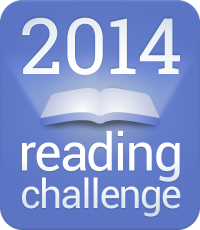 One of my goals for 2014 was to read 100 books. I made it just past halfway, with a total of 56 (I didn’t include textbooks or journal articles I read for grad school, or kids books I read with my son, even the chapter books like the Ninja Meercats or Dragonslayers Academy series).
One of my goals for 2014 was to read 100 books. I made it just past halfway, with a total of 56 (I didn’t include textbooks or journal articles I read for grad school, or kids books I read with my son, even the chapter books like the Ninja Meercats or Dragonslayers Academy series).

